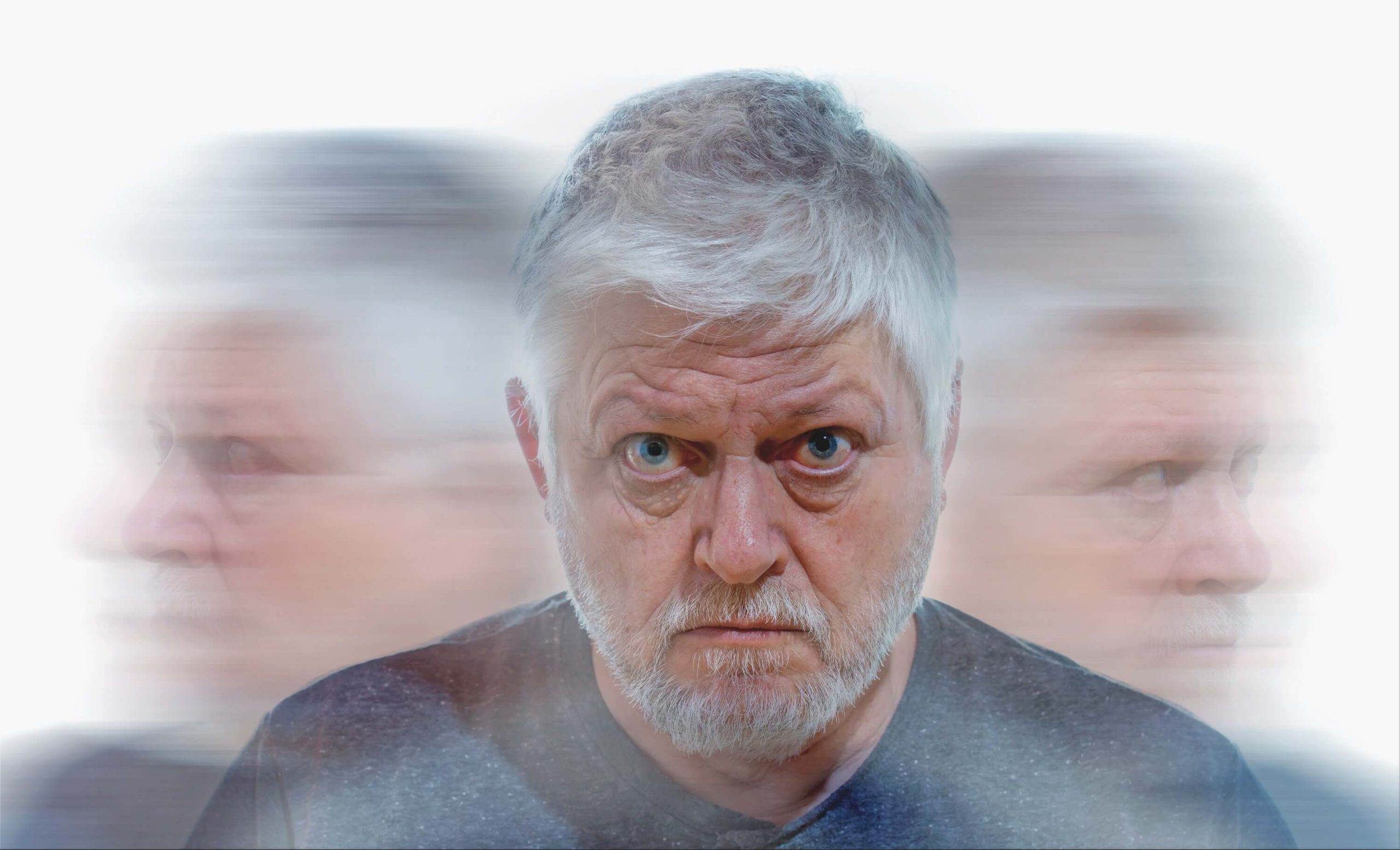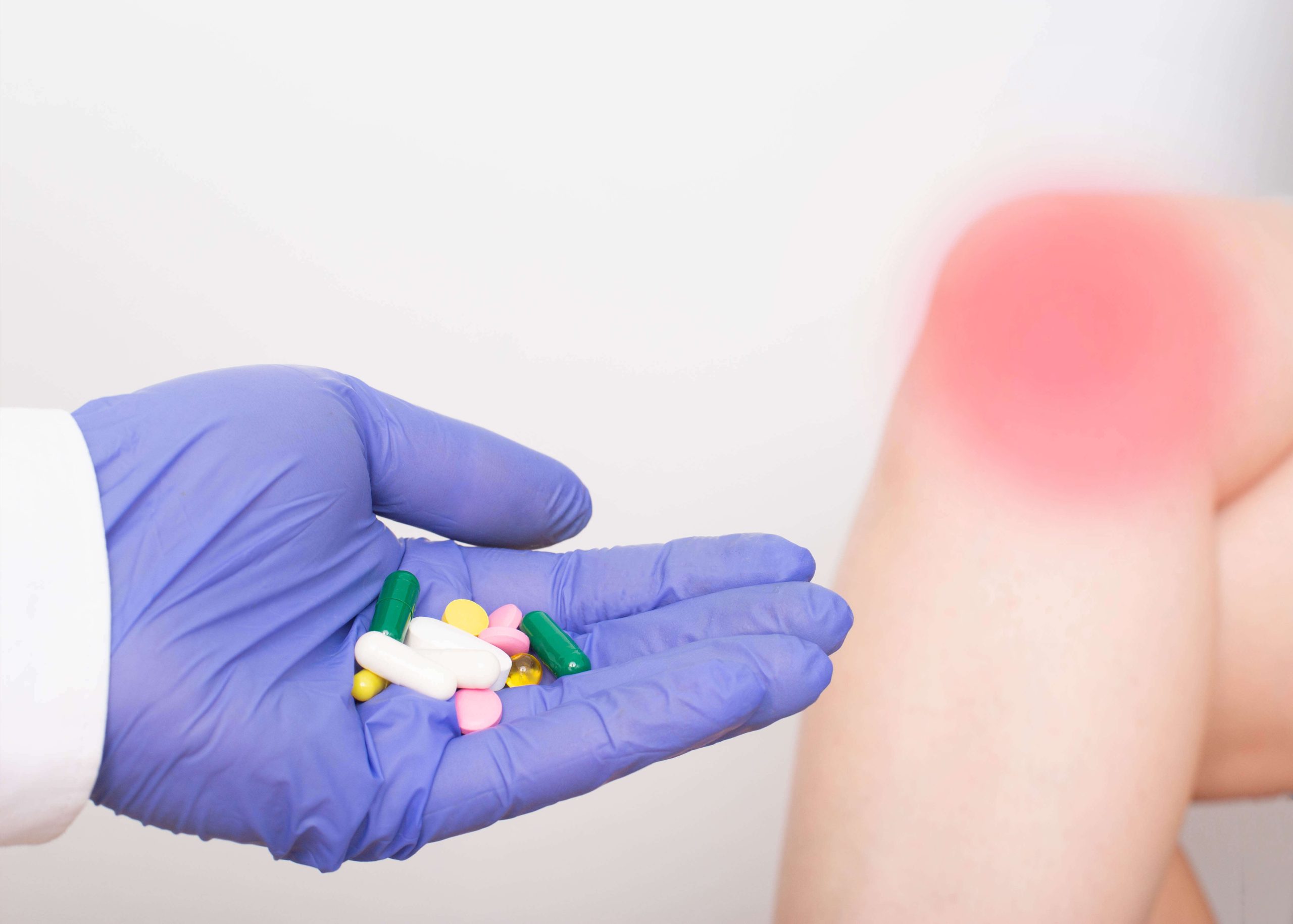What Is Recurrent Major Depressive Disorder?
According to the World Health Organization, major depressive disorder is the world’s leading cause of disability. If clinical remission is not attained and sustained, episodes tend to recur with greater severity and with lessening responsivity to conventional treatments. This is called a recurrent major depressive disorder.

What Is Major Depressive Disorder?
You may hear this type of depression is referred to as “major depressive disorder”, “clinical depression”, “classic depression” or “MDD”. You might have this type if you feel depressed most of the time for most days of the week.
Like many mental health conditions, it is not always about what’s happening around the person. You can have a loving family, friends, and a dream job. You can have the kind of life that others envy and…. still have a major depressive disorder. Major depression is a severe form of depression that causes symptoms such as:
- sadness, gloom, or grief
- difficulty sleeping or sleeping too much
- lack of energy and fatigue
- changes in appetite
- unexplained aches and pains
- loss of interest in formerly pleasurable activities
- lack of concentration, memory problems, and inability to make decisions
- feelings of worthlessness or hopelessness
- constant worry and anxiety
- thoughts of death, self-harm, or suicide
These symptoms can last weeks or months.
Major Depressive Disorder Vs Depression?
All of us feel sad sometimes. While we may casually use the term “depressed” to describe the moment when they are sad, there is a difference between sadness and depression. Someone with depression may feel sad, guilty, or hopeless, but not really understand why—and the feeling can linger for weeks or even months. If you are struggling with constant sadness or hopelessness, it’s important to understand what depression is, what causes it, and what you can do to manage it. Major Depressive Disorder (MDD) or Clinical depression is the more severe form of depression. It isn’t the same as depression caused by a loss, such as the death of a loved one, or a medical condition, such as a thyroid disorder.
Recurrent Major Depressive Disorder ICD-10
According to ICD-10: “A recurrent major depressive disorder characterized by repeated episodes of depression as described for the depressive episode, without any history of independent episodes of mood elevation and increased energy (mania). There may, however, be brief episodes of mild mood elevation and overactivity (hypomania) immediately after a depressive episode, sometimes precipitated by antidepressant treatment. The more severe forms of recurrent depressive disorder have much in common with earlier concepts such as manic-depressive depression, melancholia, vital depression, and endogenous depression. The first episode may occur at any age from childhood to old age, the onset may be either acute or insidious, and the duration varies from a few weeks to many months. The risk that a patient with the recurrent depressive disorder will have an episode of mania never disappears completely, however many depressive episodes have been experienced. If such an episode does occur, the diagnosis should be changed to bipolar affective disorder.”
Recurrent Major Depressive Disorder ICD-10: Mild, Moderate, Severe, Psychotic.According to ICD-10:
Recurrent depressive disorder
A disorder characterized by repeated episodes of depression as described for depressive episode (F32.-), without any history of independent episodes of mood elevation and increased energy (mania). There may, however, be brief episodes of mild mood elevation and overactivity (hypomania) immediately after a depressive episode, sometimes precipitated by antidepressant treatment. The more severe forms of recurrent depressive disorder (F33.2 and F33.3) have much in common with earlier concepts such as manic-depressive depression, melancholia, vital depression, and endogenous depression. The first episode may occur at any age from childhood to old age, the onset may be either acute or insidious, and the duration varies from a few weeks to many months. The risk that a patient with the recurrent depressive disorder will have an episode of mania never disappears completely, however many depressive episodes have been experienced. If such an episode does occur, the diagnosis should be changed to bipolar affective disorder (F31.-).Incl.:recurrent episodes of:
- depressive reaction
- psychogenic depression
- reactive depression
seasonal depressive disorderExcl.:recurrent brief depressive episodes (F38.1)
F33.0Recurrent depressive disorder, current episode mild
A disorder characterized by repeated episodes of depression, the current episode is mild, as in F32.0, and without any history of mania.
F33.1Recurrent depressive disorder, current episode moderate
A disorder characterized by repeated episodes of depression, the current episode being of moderate severity, as in F32.1, and without any history of mania.
F33.2Recurrent depressive disorder, current episode severe without psychotic symptoms
A disorder characterized by repeated episodes of depression, the current episode being severe without psychotic symptoms, as in F32.2, and without any history of mania. Endogenous depression without psychotic symptoms. Major depression, recurrent without psychotic symptomsManic-depressive psychosis, depressed type without psychotic symptoms viral depression, recurrent without psychotic symptoms
F33.3Recurrent depressive disorder, current episode severe with psychotic symptoms
A disorder characterized by repeated episodes of depression, the current episode being severe with psychotic symptoms, as in F32.3, and with no previous episodes of mania. Endogenous depression with psychotic symptomsManic-depressive psychosis, depressed type with psychotic symptoms recurrent severe episodes of:
- major depression with psychotic symptoms
- psychogenic depressive psychosis
- psychotic depression
- reactive depressive psychosis
F33.4Recurrent depressive disorder, currently in remission
The patient has had two or more depressive episodes as described in F33.0-F33.3, in the past, but has been free from depressive symptoms for several months.
F33.8Other recurrent depressive disorders
F33.9Recurrent depressive disorder, unspecified






SUICIDE PREVENTION
If you think someone is at immediate risk of self-harm or hurting another person:
- Call 911 or your local emergency number.
- Stay with the person until help arrives.
- Remove any guns, knives, medications, or other things that may cause harm.
- Listen, but don’t judge, argue, threaten, or yell.
- If you or someone you know is considering suicide, get help from a crisis or suicide prevention hotline. Try the National Suicide Prevention Lifeline at 800-273-8255.
Published: July 04, 2022
Last Updated: February 13, 2024


Published: July 01, 2024
Understanding Bipolar Symptoms in Men
Bipolar disorder is a mental health condition characterized by extreme mood swings that include emotional highs (mania or hypomania) and lows (depression). While the disorder affects both men and women, the presentation of symptoms can differ significantly between genders. Understanding the specific symptoms of bipolar disorder in men is crucial for accurate diagnosis and effective […]
Read more

Published: June 23, 2024
How to Avoid Topical Steroid Withdrawal
Understanding Topical Steroid Withdrawal Topical steroid withdrawal (TSW), also known as Red Skin Syndrome or Steroid Addiction, is a condition that can occur after prolonged use of topical corticosteroids. These medications are frequently prescribed for skin conditions like eczema and psoriasis due to their effective anti-inflammatory properties. However, improper use or prolonged application can lead […]
Read more

Published: June 23, 2024
Understanding “IOP” Medical Abbreviation
IOP stands for Intensive Outpatient Program, a form of treatment that offers a structured therapy environment without requiring a residential stay. It is designed for individuals who do not require 24/7 medical supervision but still need regular support, making it a flexible yet effective option for those in recovery. Overland IOP in Los Angeles provides […]
Read more
